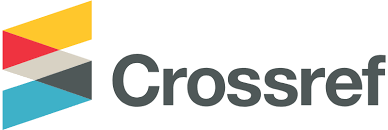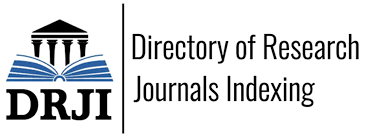Breeding terrorism: an anomie’s anatomy of the terrorism in Indonesia
DOI:
https://doi.org/10.18326/ijoresh.v2i2.114-135Keywords:
Terrorism, Anomie, Sociological perspective, IndonesiaAbstract
This article investigates the emergence of terrorism in Indonesia through the anomie sociological perspective. The data for this analysis was gathered from various sources, including documents of terrorist attacks in Indonesia from the internet, personal diaries, and interviews with terrorist prisoners. The anomie theory provides a means of analysis to illuminate the understanding of terrorism, its roots, and causes. From the anomie perspective, terrorism is not viewed as a savage group that allows the killing of innocent people nor a political party that wants to destroy and seize the secular government or Western countries. In the Indonesian context, terrorism is just seen as deviant groups or individuals resulted from global capitalism that destroys the equilibrium of the Muslim world. The anomie consists of two distinct forms: the terrorist attacks and the anomic interpretation of the Islamic holy text (Quran and Sunnah). Both conditions result in a threat to the government that they consider as infidel and aligned with the West. The anomie theory provides more promising remedies to abolish terrorism more permanently and to reduce the tensions between the government and the terrorists by proposing social integration and restoring equilibrium in the Muslim world, especially in Indonesia, as a focus for implementing these remedies.
Downloads
Published
How to Cite
Issue
Section
License
Copyright (c) 2023 IJoReSH: Indonesian Journal of Religion, Spirituality, and Humanity

This work is licensed under a Creative Commons Attribution-ShareAlike 4.0 International License.
Copyright
Authors who publish with Indonesian Journal of Religion, Spirituality, and Humanity agree to the following terms:
- Authors retain copyright and grant the journal right of first publication with the work simultaneously licensed under a Creative Commons Attribution License (CC BY-SA 4.0)that allows others to share the work with an acknowledgement of the work's authorship and initial publication in this journal.
- Authors have the right to enter into separate, additional contractual arrangements for the non-exclusive distribution of the journal's published version of the work (e.g., post it to an institutional repository or publish it in a book), with an acknowledgment of its initial publication in this journal.
- Authors are permitted and encouraged to post their work online (e.g., in institutional repositories or on their website) prior to and during the submission process, as it can lead to productive exchanges, as well as earlier and greater citation of published work.
Licensing
This work is licensed under a Creative Commons Attribution-ShareAlike 4.0 International License.








